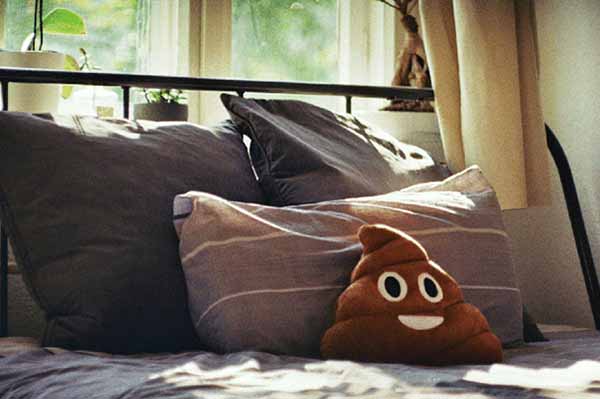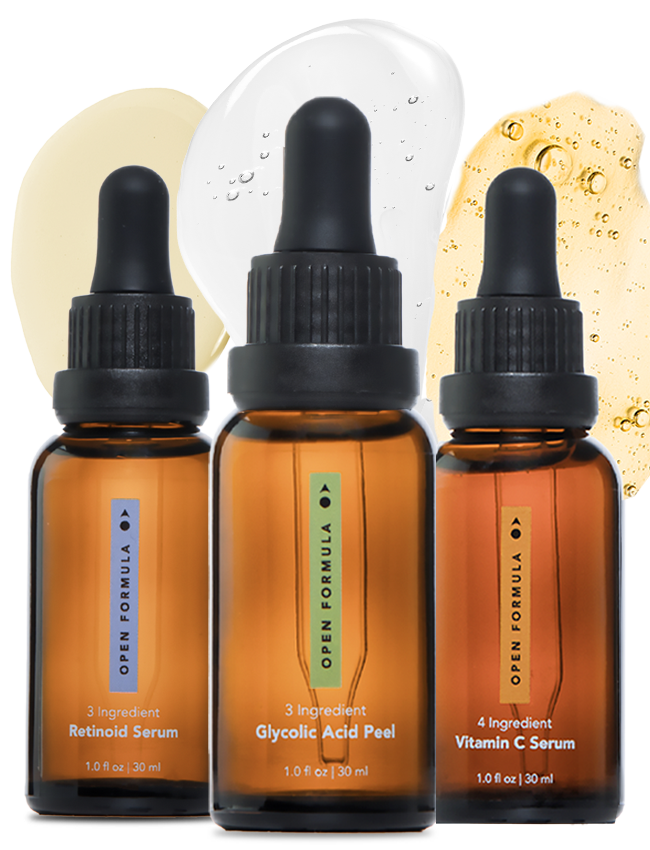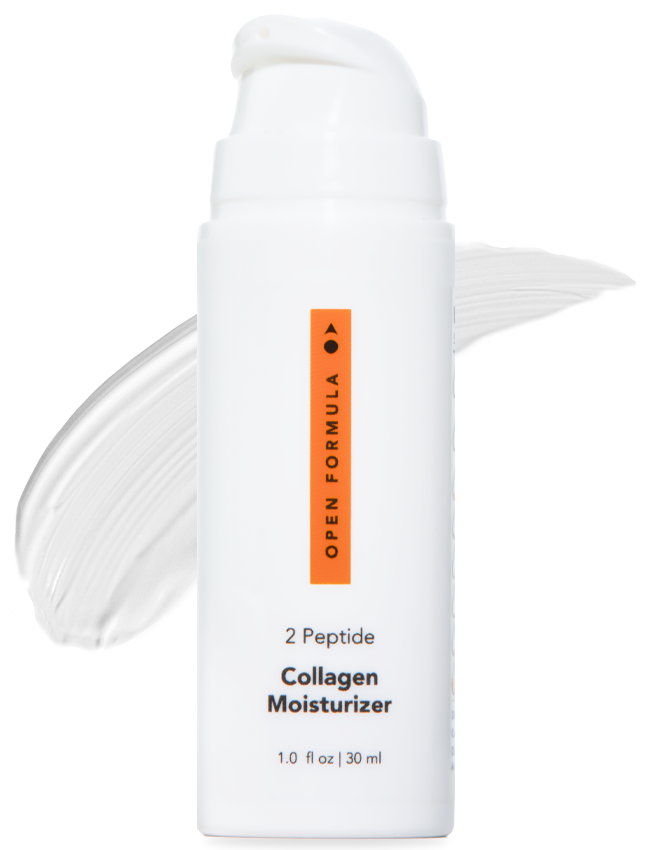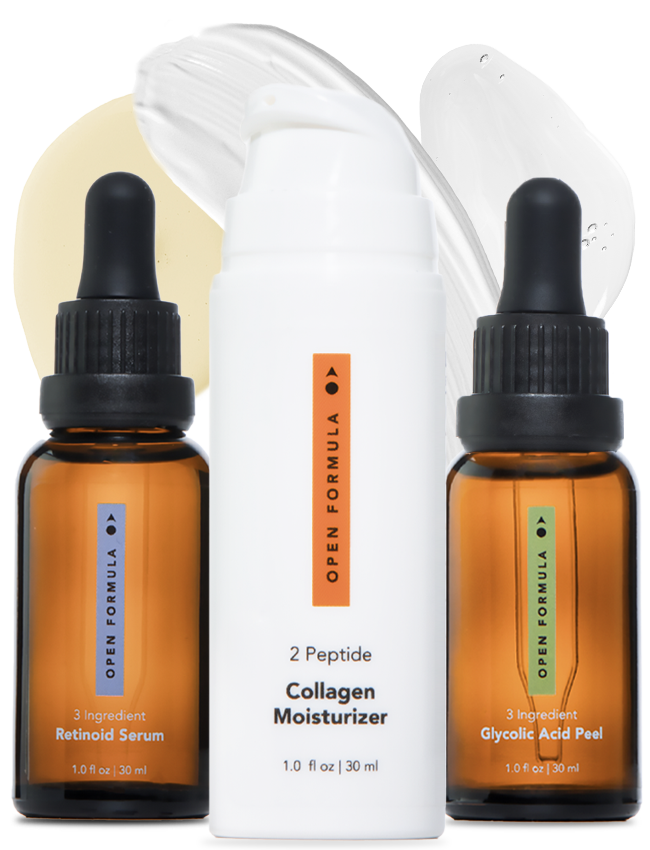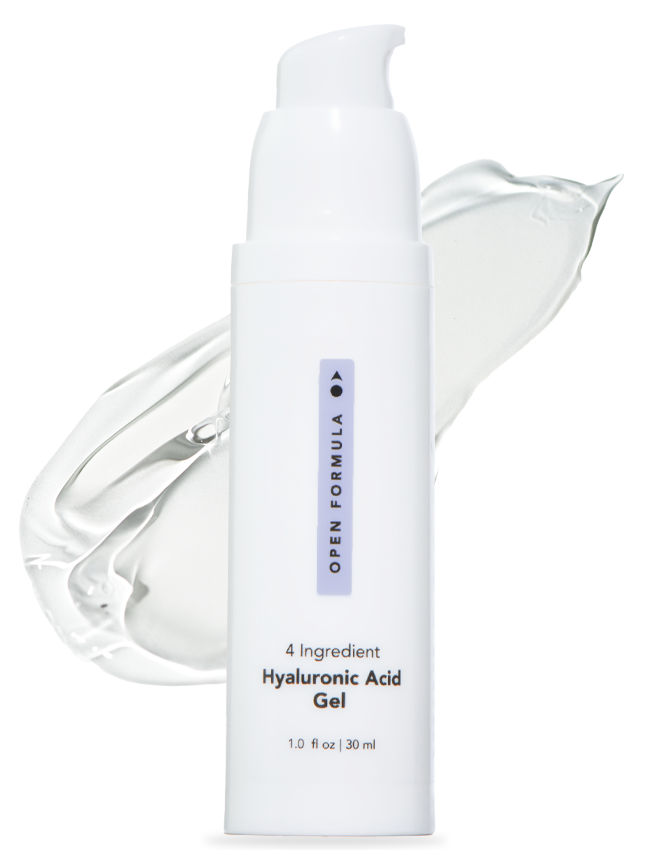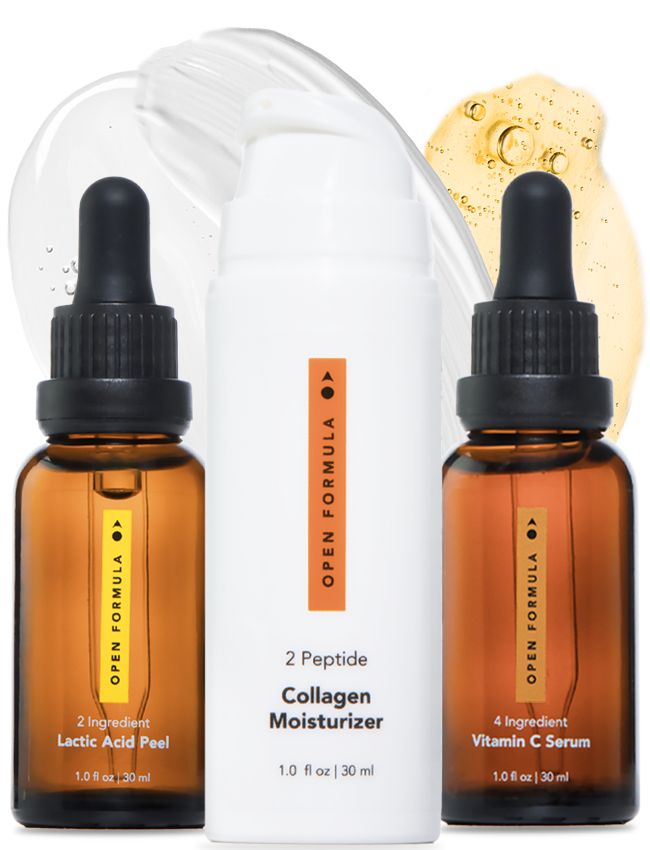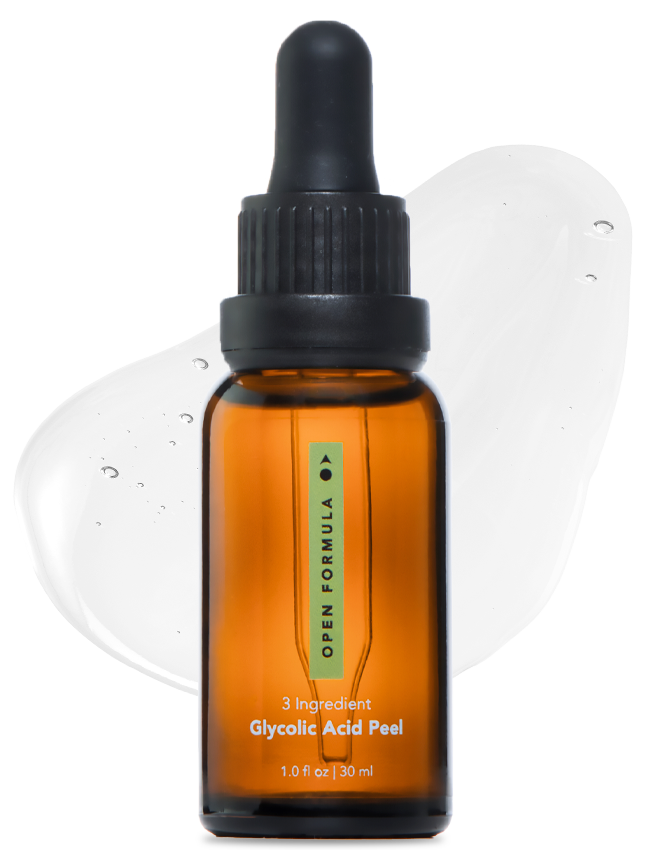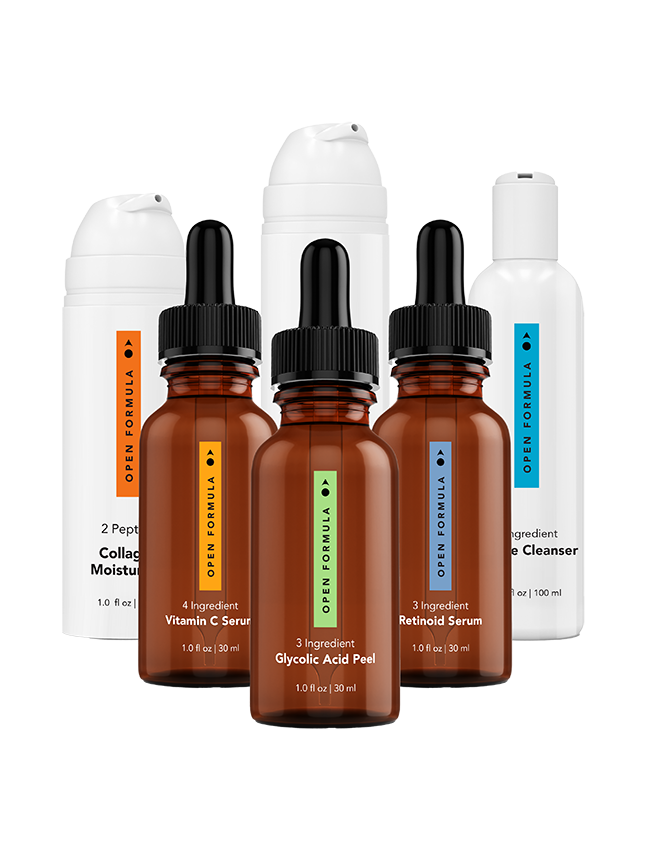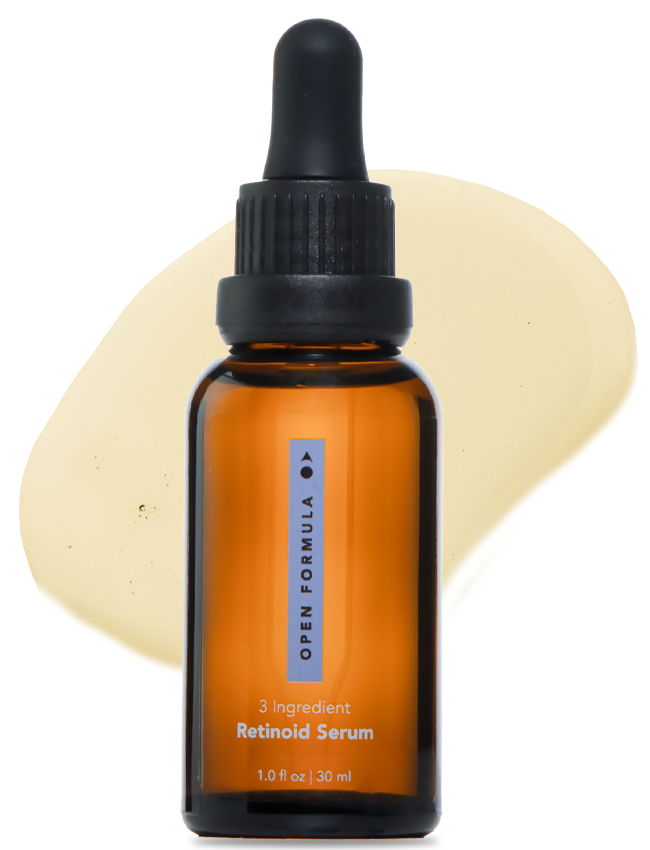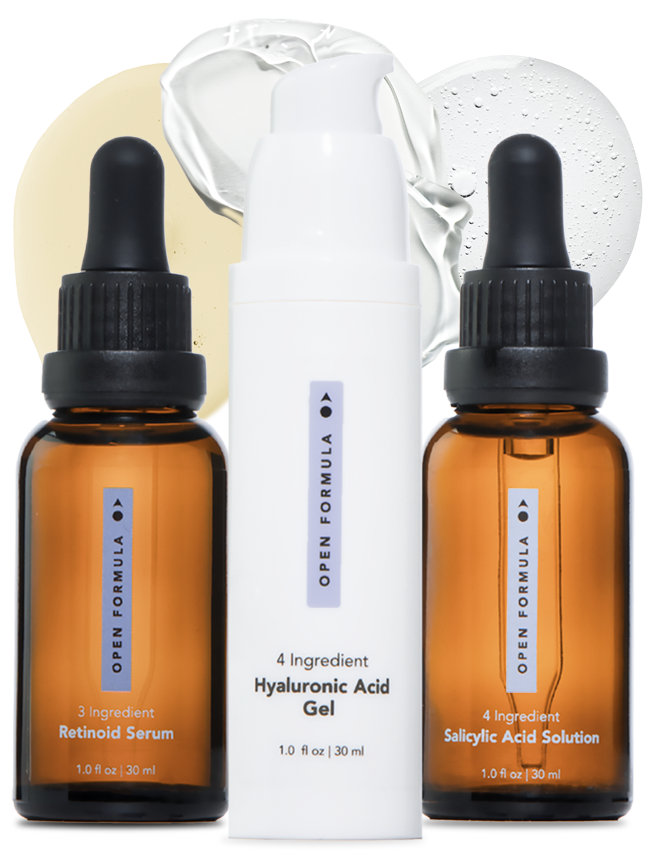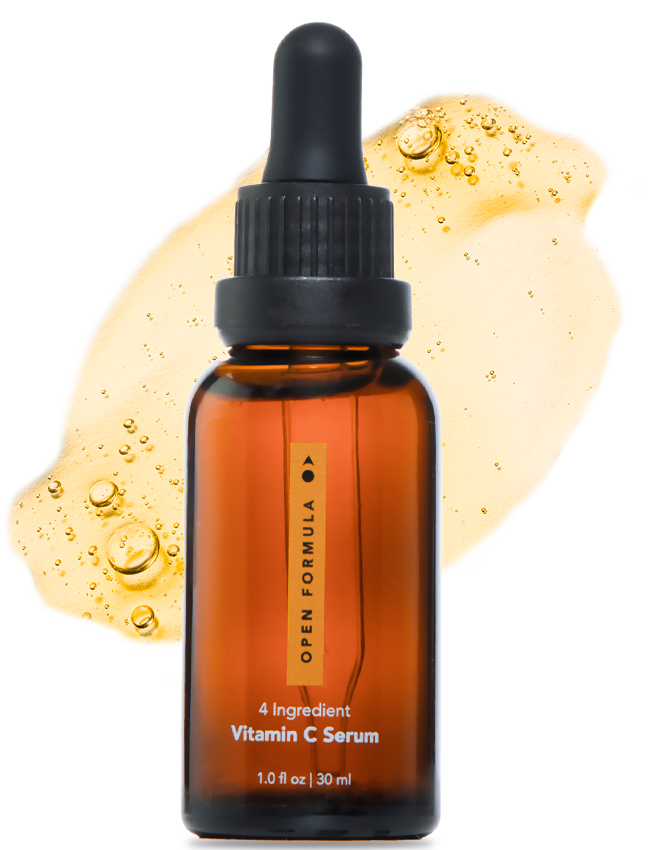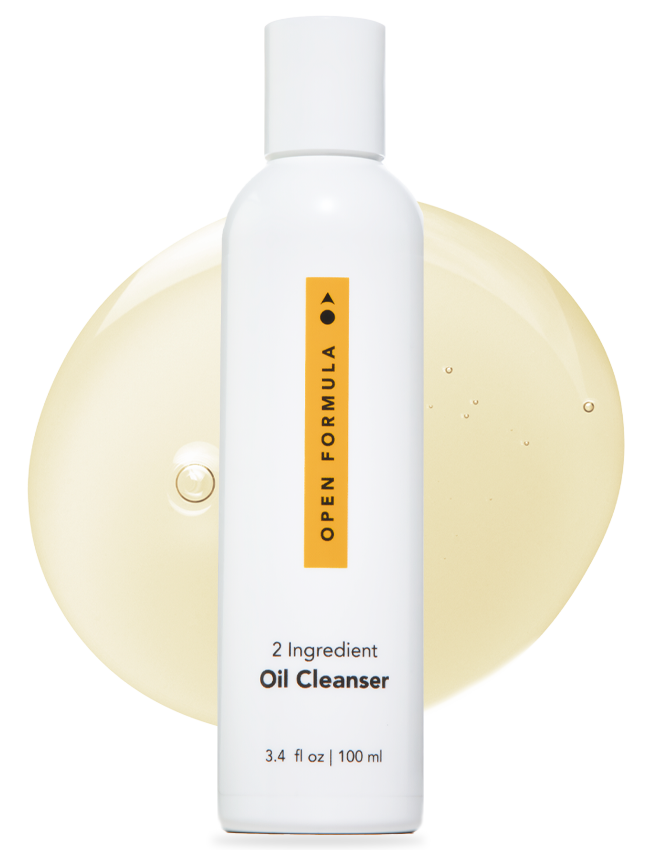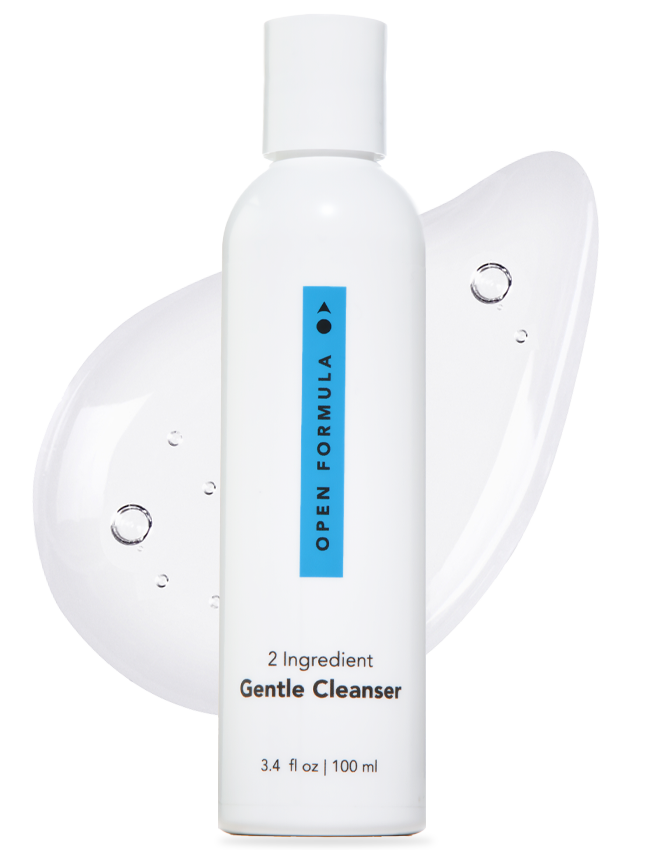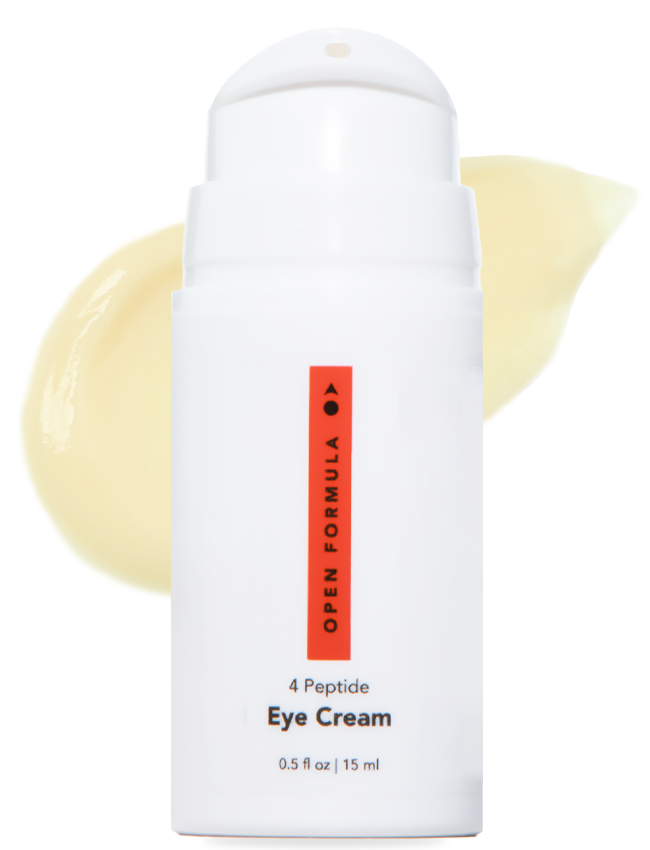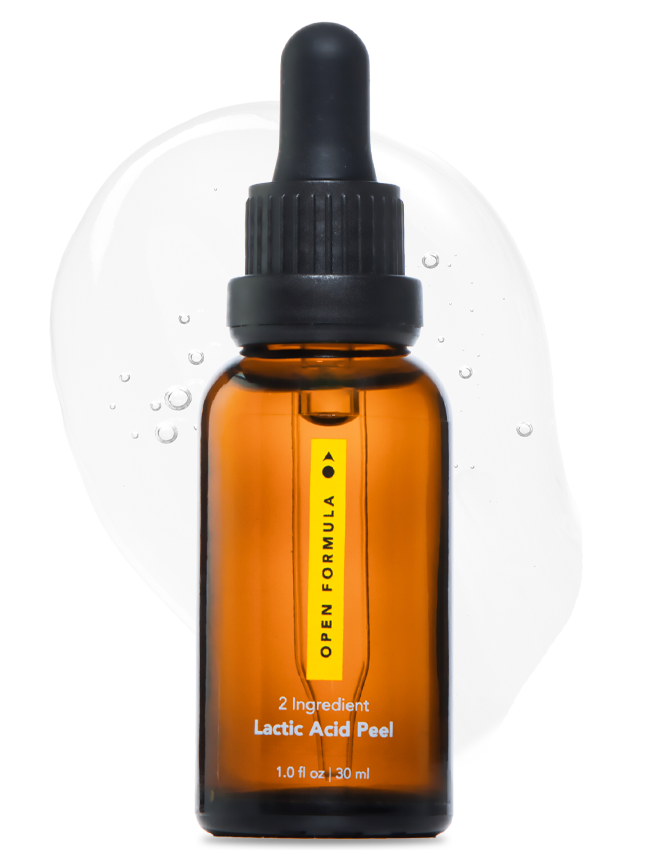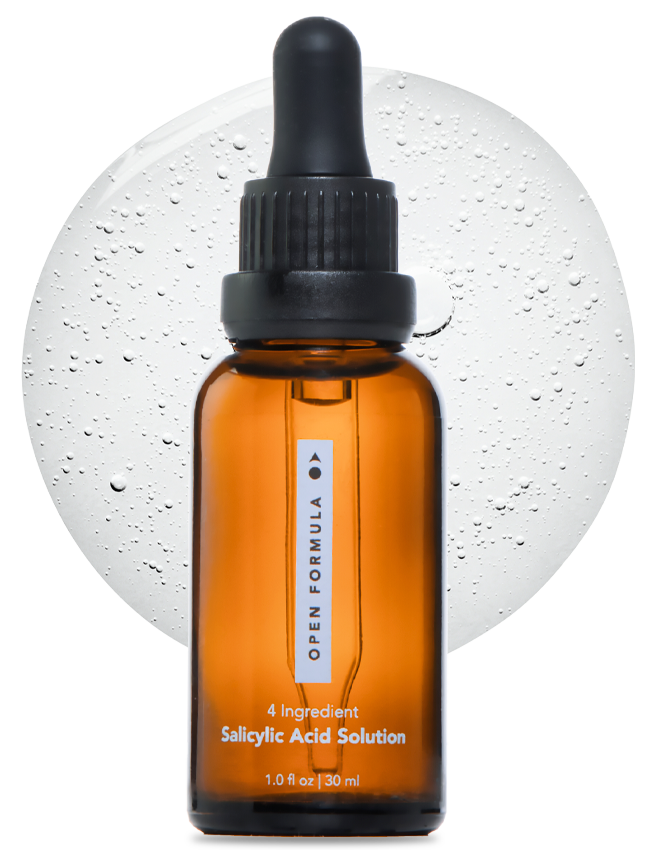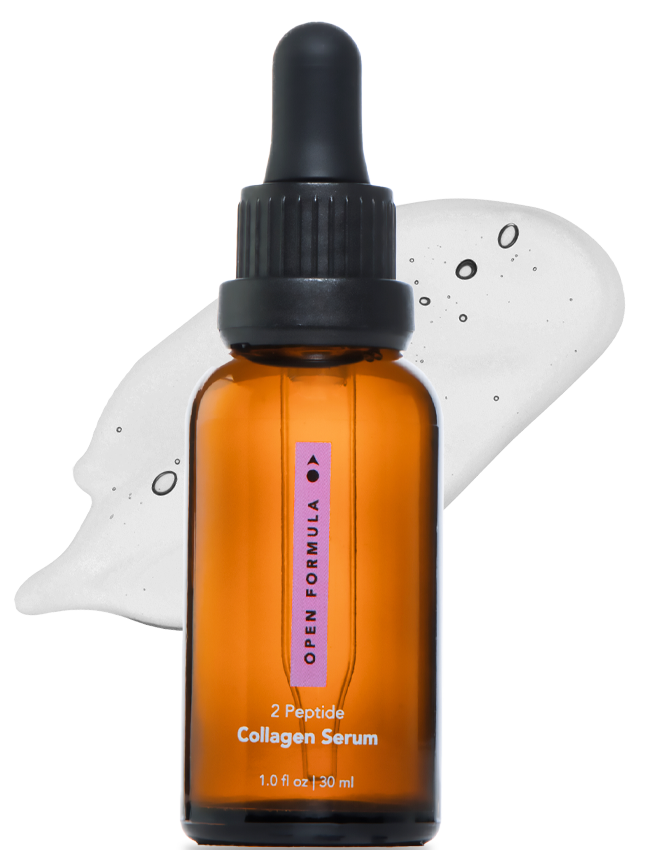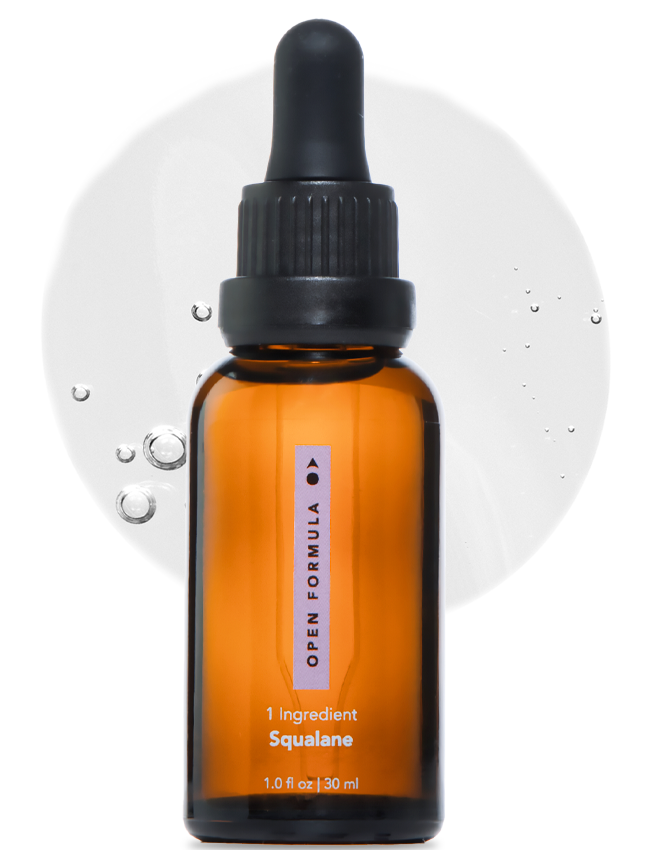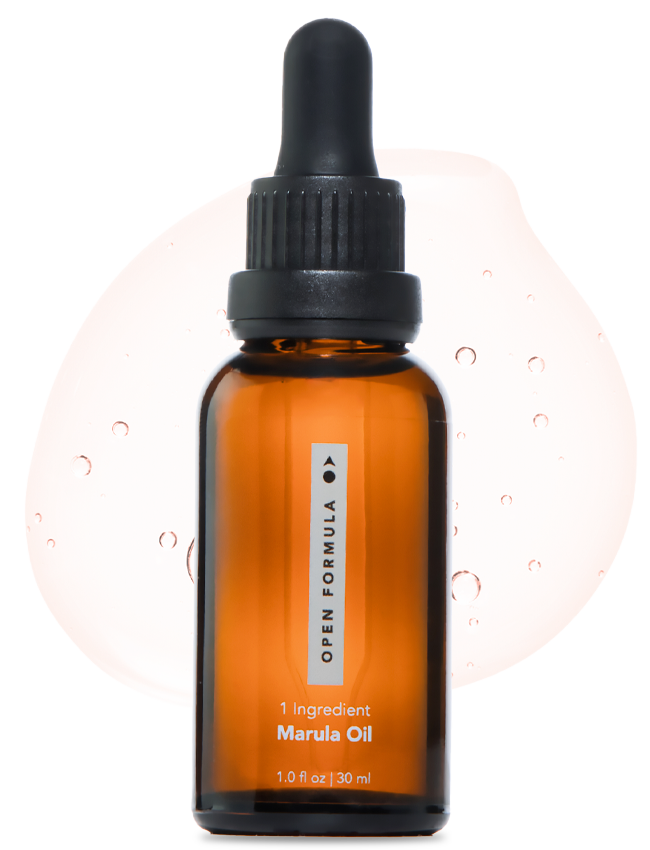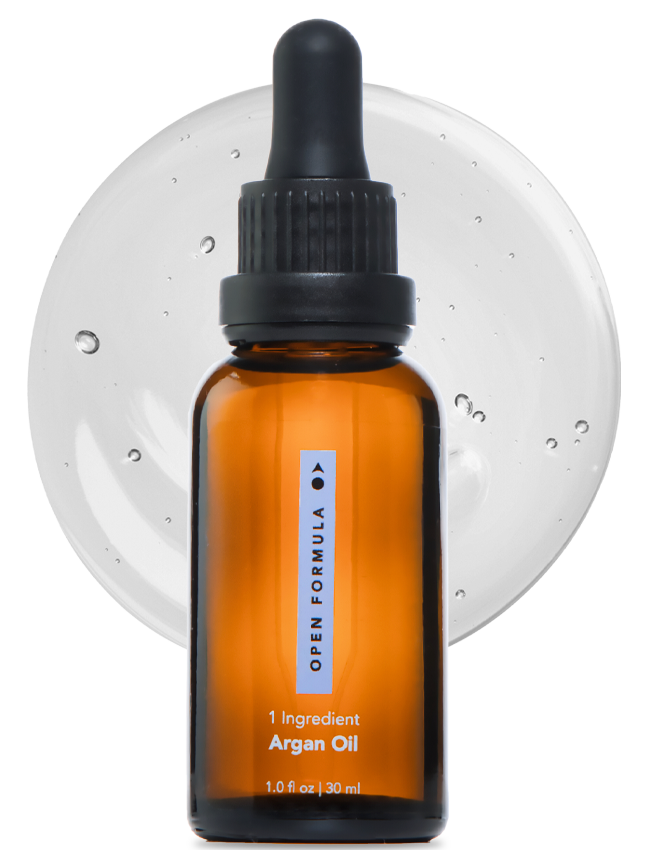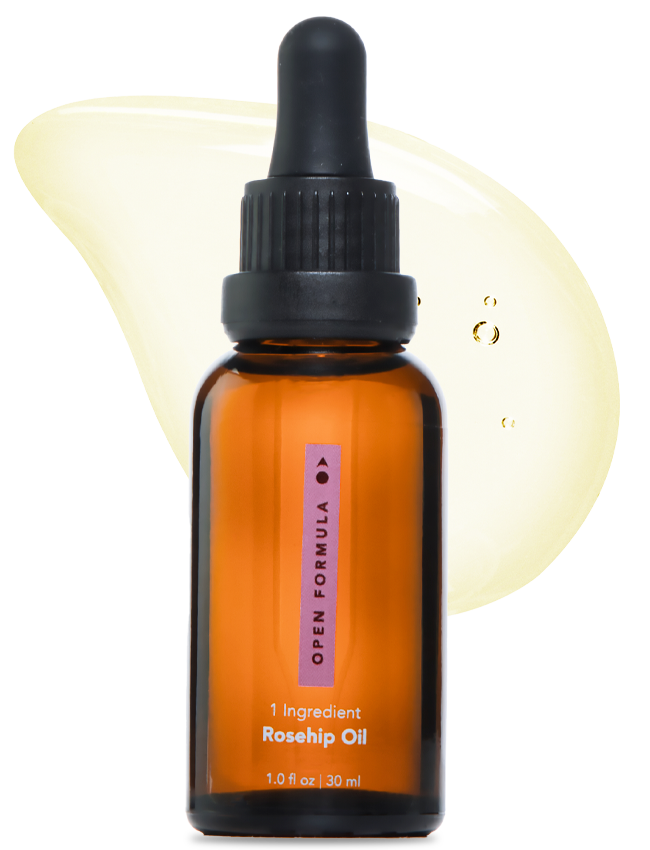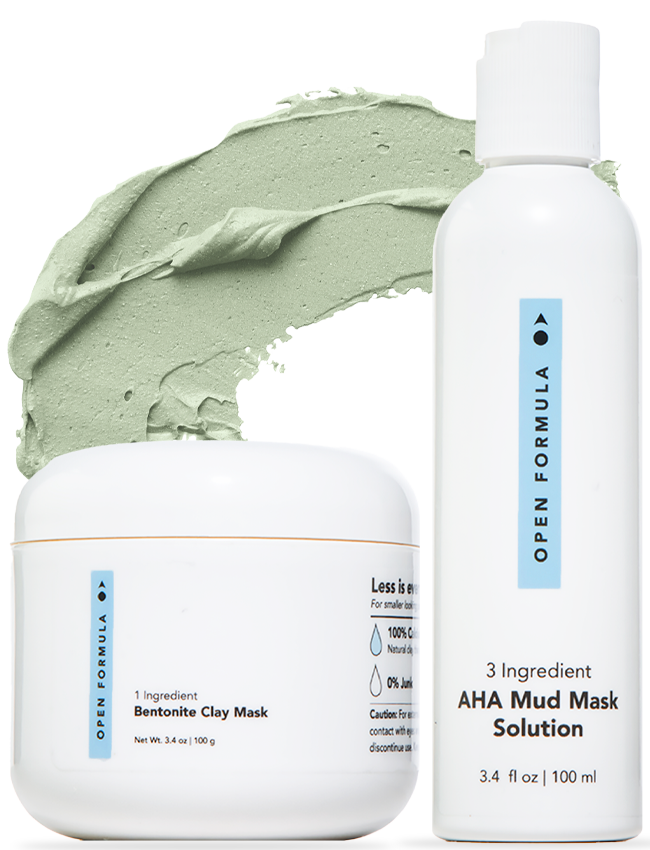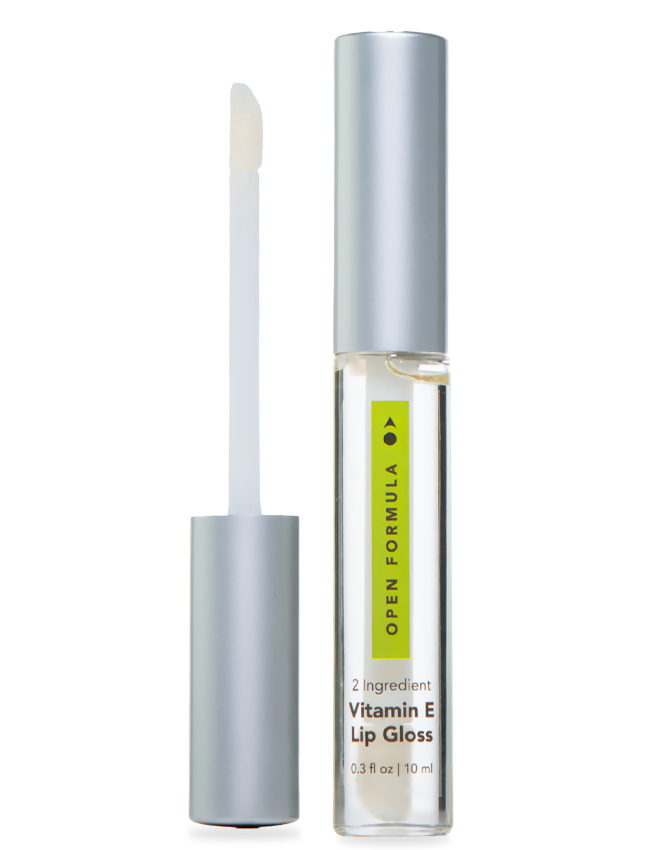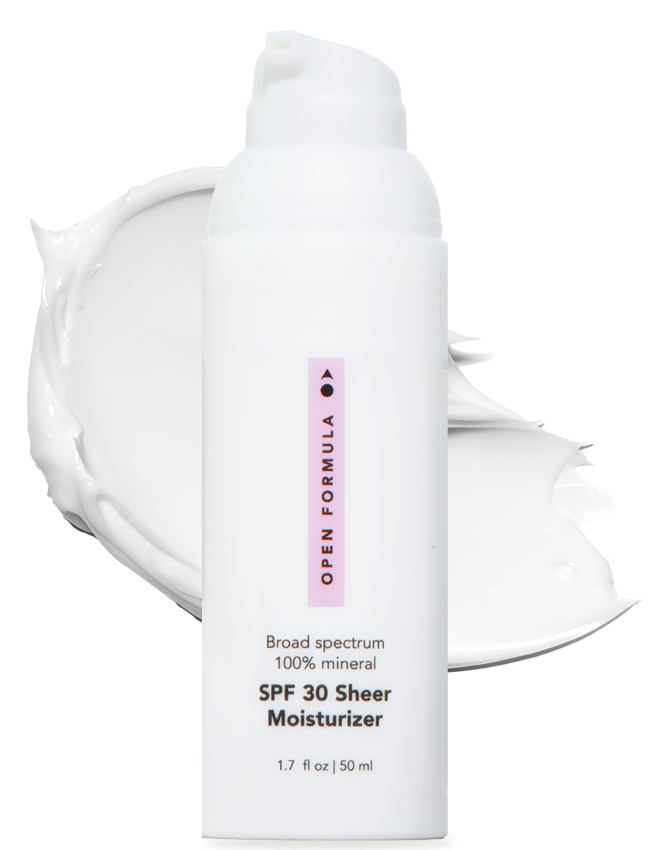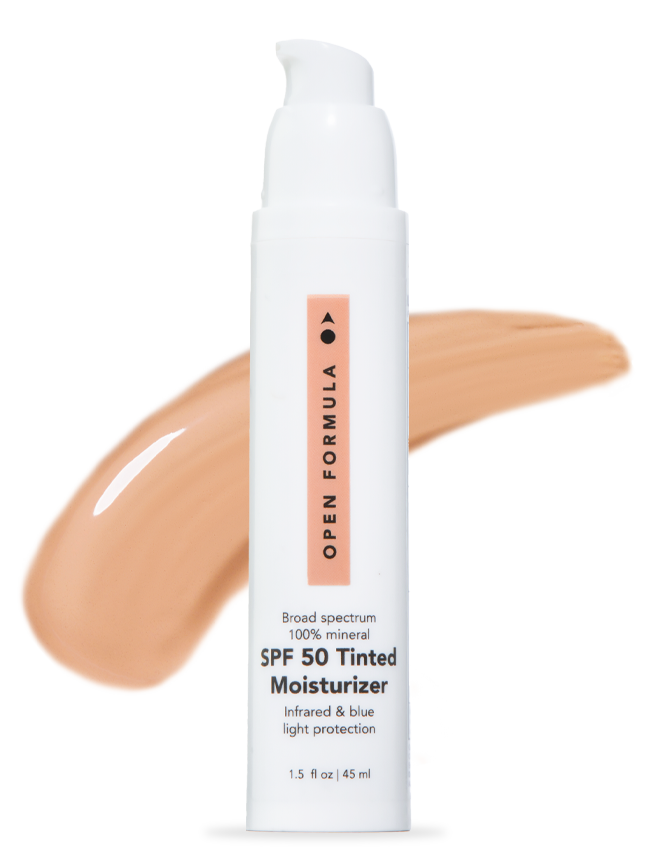You've probably heard that our bed sheets and pillowcase can seem like the Ritz-Carlton for all kind of nasties and bacteria. What does that mean for us and our skin? Prepare for some discomfort as we dive into what goes on while we sleep.
The second you crawl into bed, you are littering the sheets with a glorious cocktail made of dead skin cells, sweat, makeup, hair, lotion. That's not to mention saliva and plenty of other gunk. All of these ingredients basically turn your pillow into a rent-free residence for dust mites, which are attracted to dead skin cells.
After a tiring day at work, no one really wants to do a whole lot more than have a long hot shower, get in a quick nighttime beauty routine, and nosedive into bed. But do you ever wake up after a restful beauty sleep and find that the skin on your face just feels... off? Stop before analyzing everything from your skin routine from the night prior to poring over the inactive ingredients in each of your makeup products. Think about your pillowcase. How often do you wash it?
According to the American Chemical Society’s journal, humans shed 500 million skin cells every day. You spend at least eight hours on your pillowcase. Plenty of those skin flakes end up in your bed.
We tend to pay a lot of attention to skincare products. But we underestimate the smaller factors, the mundane things like our bedsheets and pillowcases. As it turns out, there's a very high probability your skin may be acting out because of a dirty pillowcase.
What Can a Dirty Pillowcase Do to Skin?
Dust mites, eight-legged critters too small to be visible to the naked eye, don’t bite. But a lot of people are allergic to them and their feces. You knew this was coming: That's right, our pillow is a dust mite’s bathroom.
Dirty pillowcases and bed sheets may also trigger eczema, and contact dermatitis, which is a red, itchy rash you get when you touch stuff that doesn’t agree with your skin.
According to The Center for Dermatology, Cosmetic & Laser Surgery, by transferring dirt and oil to your skin, pillowcases can be the cause of acne mechanica. This is the acne we get as a result of materials or objects coming in contact with our faces.
"When your pillowcase isn't laundered or changed regularly," says director and founder of the CDCLS, Dr. David E. Bank. "...a build-up of dirt and oil from the environment as well as your skin and hair touching the pillow is transferred back to your skin. This can clog pores and cause blemishes."
But the plot thickens beyond the pillowcase conundrum. A 2017 study suggests that there is a possibility of transmitting all kinds of infections through uncleanly bed linens. This can create a haven to foster colonies of thousands of types of bacteria.
How Often Should You Wash Sheets/Pillowcases?
There's plenty of discord on the frequency at which we should give our linens a good wash. Before we get into the facts, let's see what the people think.
According to a study from Mattress Advisor, the average American goes 24.5 days before washing both their sheets and pillowcases. For perspective, the breakdown says women typically go 20 days and men go about 29. By these numbers, women are quite a bit cleanlier; shocking, right?
To be fair, how often we wash our sheets is considerably dependent on the circumstances. If you're not a sweaty sleeper, you shower before bed, plus do a regular face wash, you should be okay changing your sheets every other week.
However, the American Academy of Dermatology, strongly recommends changing your sheets at least once a week if you have asthma, sensitive skin, and allergies. And it goes without saying, that in case of illness, sheets, duvet, and the pillow should be washed and changed immediately.
The once per week rule does not apply to pillowcases, though. As we already concluded, our pillowcases overnight turn into a Petri dish of bacteria and dirt. Experts recommend washing or changing your pillowcases 2-3 per week. A lot, yes. But assuredly worth it.
How to Wash Your Pillowcase
Here’s the easy part. There’s no need for a special detergent, but if you want to be super careful, you can try a hypoallergenic one. If you have sensitive skin, laundry experts recommend adding ¼ cup of white vinegar to your detergent the first few times you wash a set of sheets.
You should wash your sheets and pillowcases in the hottest water the material can stand. The hot water will increase the chances of killing any critters and pathogens. And if you want to go the extra mile, you can also iron your bed sheets to make sure there are as sanitized as possible.
Do clean sheets improve the quality of the skin?
Clean sheets and pillowcases can't necessarily improve your skin in and of itself, per se, but doing so can protect your skin from the interminable list of unwanted effects.
The Dermatology Institute of Boston says "If someone is changing their sheets every other month, that’s a problem... But can changing your sheets every day versus every week make your skin better? Probably not."
Tricks to keep your sheets clean and your skin glowing
Keeping your pillowcase and sheets as clean as possible is a matter of sticking to healthy and frequent routines. Showering before bed is one of them. By ridding your skin of bodily fluids and dead skin cells, the chances of littering your pillowcase are much lower.
It probably goes without saying that removing your makeup before you go to sleep is a must. This alone can wreak havoc on your skin, without the pillowcase transference even coming into play. Try to do your nighttime skincare routine at least half an hour before you crawl into bed so products absorb and are not wiped on your pillowcase.
Truth is, there is an infinitely small probability of anyone obtaining 100% clean pillowcases and sheets at all times. But at the very least, changing them once a week, you’ll feel safer while you have your beautysleep.

